In this interview with award-winning screenwriter and director Christopher Angel, you’ll learn how Mr. Angel followed his passion for history and literature to become a writer of epic historical feature films. Inspired by both the great works of literature and by the classics of Hollywood’s golden age, Mr. Angel seeks to bring back epic feature films using modern story-telling techniques.
About Christopher Angel
Christopher Angel is an award-winning Hollywood director, filmmaker, and screenwriter.
Named one of ten “Directors to Watch” by Variety, Christopher wrote and directed This Is Not A Test, which won five awards at major film festivals, including Best Director at the Boston International Film Festival and the Audience Award at the Urbanworld Film Festival.
This Is Not A Test is a satire story about homeland security in which a man’s fear of a possible terrorist attack drives him to extremes. The film premiered on Showtime and stars Hill Harper, Robinne Lee, and Tom Arnold.
Christopher also directed the last two installments of the profitable Wishmaster series of horror movies, distributed by Lionsgate Entertainment. His other credits as a director include the Lionsgate thriller, Beyond Redemption, with Andrew McCarthy and Michael Ironside, which premiered on HBO, and the horror movie, The Fear: Halloween Night.
Asides from films, he also directed the Food Channel’s Hungry Girl series, and continues to enjoy great food.
He started directing features after winning an Academy Award™ for Best Student Film for his short, Mr. October, a romantic comedy about a guy who believes he’s cursed by the month of October.
In addition, Christopher is an accomplished film editor who was nominated for an Emmy™ for Best Editing for his work on Expedition Bismark, directed by Academy Award™ winner James Cameron.
As an editor, he worked closely with Garry Shandling, editing over eight hours of original documentary and comedic material that appear on the Not Just the Best of the Larry Sanders DVD. Throughout his career, Christopher has edited many other documentaries, as well as a number of independent narrative films.
Christopher Angel graduated with an MFA from the prestigious University of Southern California Film and Television Program. He came to USC after graduating from Yale with a degree in literature and philosophy (summa cum laude).
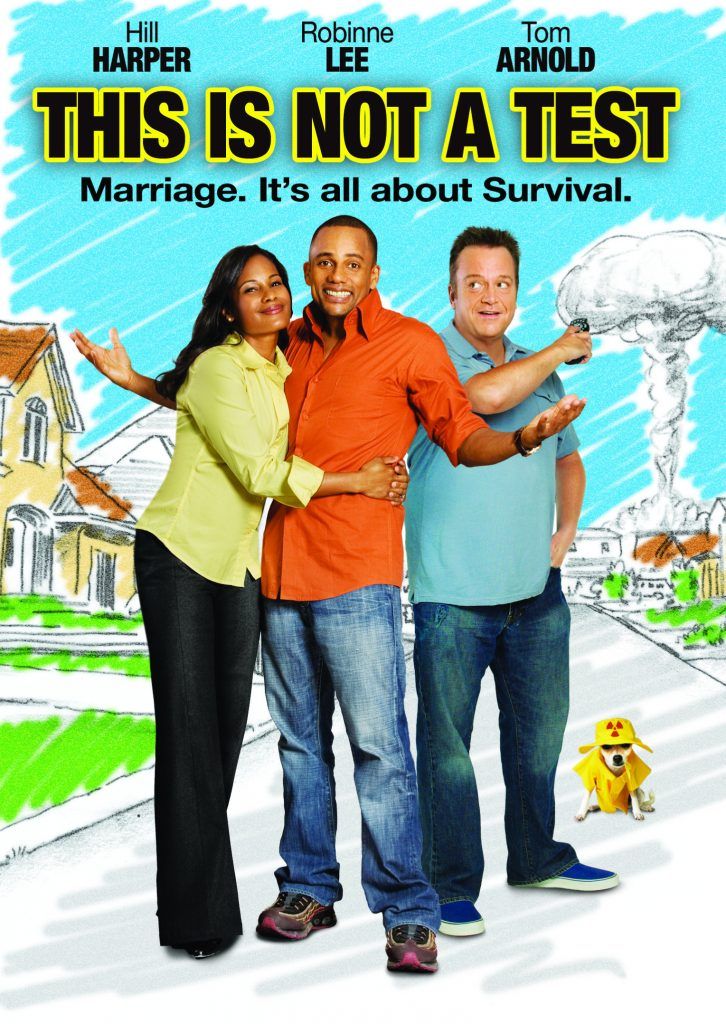
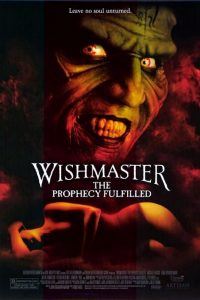
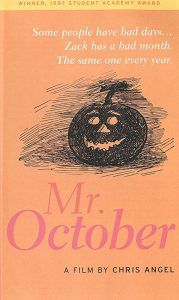
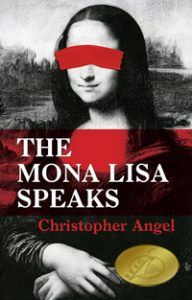
Aside from directing, Christopher also enjoys writing and authored a highly-acclaimed art heist novel titled The Mona Lisa Speaks.
The inspiration for this novel came during a visit to the Louvre when he dared to ask, “why is the Mona Lisa so famous?”
The answer, in part, surprised him: few know that the Mona Lisa was stolen in 1911, and went missing for two years.
Wondering what happened in those intervening two years launched his own fictional update of the story.
Now a full-time screenwriter, Christopher is currently adapting Peter Stansky’s ground-breaking biography Orwell: The Transformation into an epic feature film. This project is being produced by Paul G. Andrews’ UK-based production company, Global Watch Films.
Interview with Christopher Angel
Q: What is your script “Orwell” about?
Orwell is the true story of how young George Orwell and his newly-wed wife get swept up in the enormity of the Spanish Civil War as part of the anti-fascist faction, only then to barely escape with their lives when their brothers-in-arms, the Communists, turn on them and set out to systematically annihilate anyone who refuses to submit to their will.
It is the story of George Orwell’s real-life fight against Fascism and Communism during the Spanish Civil War, which was the inspiration for his later masterpieces, Animal Farm and 1984.
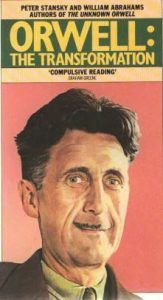
I am inspired both by how Orwell took his own life experiences and used them as a basis for such ground-breaking works of literature, and also how current and relevant his writing feels in our contemporary world of rising nationalism, populism, and ‘fake news’.
Q: How did you become involved with this topic?
I’ve been interested in Orwell since I was a child and first read Animal Farm and 1984. After asking my father what inspired Orwell to write these books, he gave me an old copy of Homage to Catalonia to read. I became more and more interested in all aspects of his life, and eventually met historian Peter Stansky who wrote the seminal biography of Orwell based on firsthand research and people who knew Orwell. I met producer Paul G. Andrews when he was developing another project about the Irish famine, and gave him Orwell as a sample script.
Q: What was the hardest part of writing this script?
There are two hard parts to writing Orwell: first, to do justice to Orwell’s own amazing writing style and to write dialog for one of the most famous writers in the world, and second, to capture the incredible complexity of the political situation in Spain before World War II for modern audiences.
Q: What did you enjoy most about writing this script?
I was able to do a lot of research about the script, including two trips to Spain to follow in Orwell’s footsteps, the second trip in the company of Orwell’s son, Richard Blair, and the son of Orwell’s commander in Spain, Quentin Kopp. Seeing the places Orwell visited first hand and hearing from my character’s real-life children made the story really come alive for me.
Q: What was the strangest thing you’ve had to research?
I spent a lot of time trying to figure out what bars young revolutionaries in Barcelona frequented in the 1930s.
Q: Give us an interesting, little-known fact about Orwell.
Not many people know that George Orwell was a pen name, and that his birth name was Eric Blair.
Let’s hear more about your career!
Q: As a child, what did you want to do when you grew up?
For many years, I have wanted to be a film-maker. I was inspired by seeing the re-release of Lawrence of Arabia in theaters when I was 16.
Q: Are you mainly a writer or a director?
I am now a full-time writer. I’ve been lucky to bounce back and forth between writing and directing since I graduated from USC film school here in Los Angeles, with some side voyages into editing.
Q: What was your first writing experience like?
I remember my English teacher in 7th grade, Wayne Tompkins, making me stand up in class and read a very long short story about a fighter pilot who survives a nuclear war, only to wander a post-apocalyptic world looking for other survivors until his jet runs out of fuel.
It was nerve-wracking but when I ended, the class applauded. These other kids were gripped and moved. I was shocked! That was the moment that hooked me on writing.
Q: How has your upbringing influenced your writing?
My parents love books, and I grew up in a house of books.
Q: How did you launch your career?
I really got started at the MFA program at USC film school. My short film, Mr. October, won a student Academy Award, and from that I was hired to direct my first feature film – a horror film. So, I really can thank the Academy for getting me started as a film-maker.
Q: What genres do you specialize in, and what inspires you?
I love historical fiction and historical epics. Lawrence of Arabia and Dr. Zhivago (both David Lean movies) are two of my favorites that inspire me.
My inspiration comes from history a lot of the time. It’s amazing to read what real people have gone through, and how they have survived.
Q: What heartaches have you encountered?
Every writer has a couple of projects they have written that, for various reasons, never get made. I have a script about the New Orleans jazz world inspired by the aftermath of Hurricane Katrina that I would still like to see made one day!
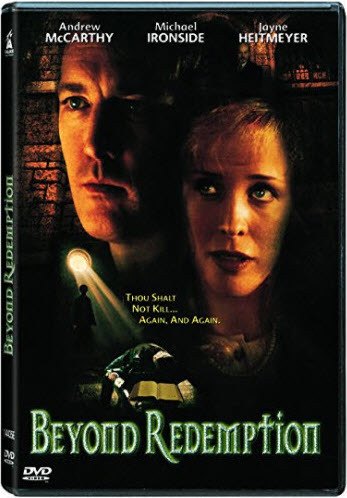
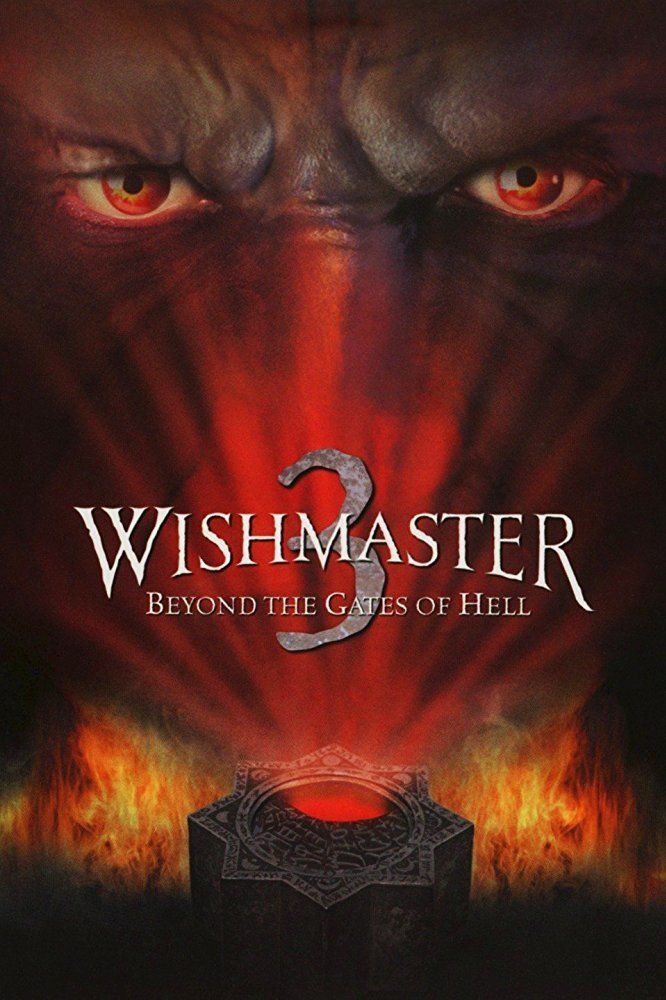
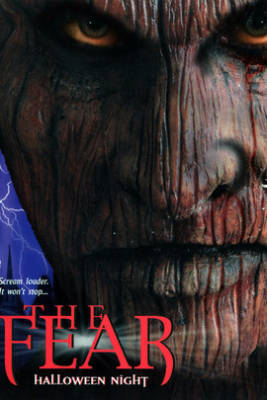
Q: What was the nastiest experience you’ve had?
On my first feature, the producer ran out of money half way through production, and the crew had to complete the movie without getting paid. It made completing the shoot as scripted almost impossible.
Q: What’s your favorite environment for creativity and productivity?
I can be found often at various coffee shops near where I live in Los Angeles. My favorite is probably a place called Insomnia on Beverly Blvd. They actually let me film a scene from one of my student films there – and now I write there!
Q: What do you like to do when you’re not writing?
I love cooking, food, and birdwatching. They all relax me! And I spend a lot of time with my two children, which keeps me young and gives me perspective on my work.
Q: Do you have an agent or manager?
I have a manager, Robert Lazar of the Shuman company, who signed me after reading my script for Orwell.
He’s a very experienced pro who offers great advice. I really like having a manager because he both takes a longer term view of my career as a writer, and also engages me creatively.
Q: What is your advice to aspiring writers?
Practice makes perfect. I loved USC film school. UCLA has some great extension classes for busy people with other careers. And then find people you trust who have similar taste in books and movies and share your script with them.
Thank you, Christopher Angel, for taking part in our interview!
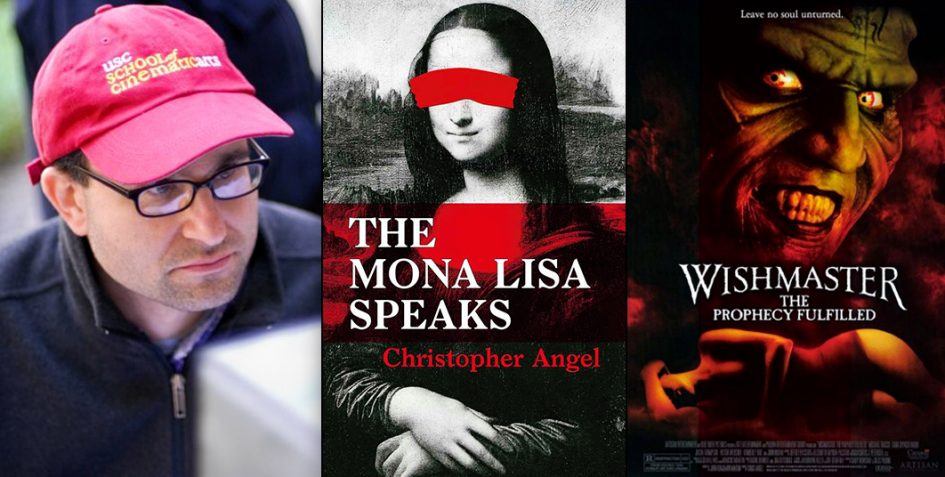
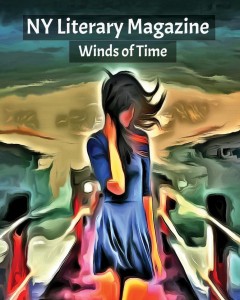
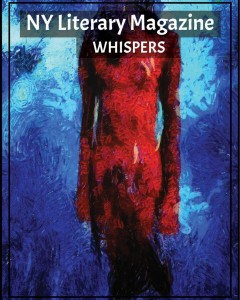
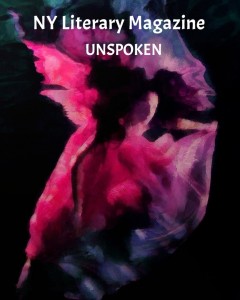
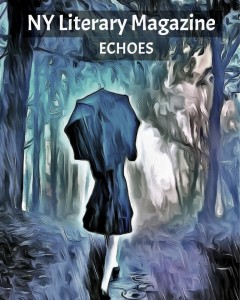
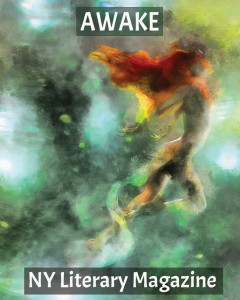
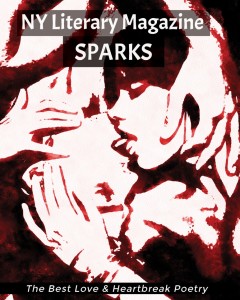
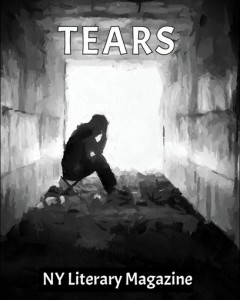
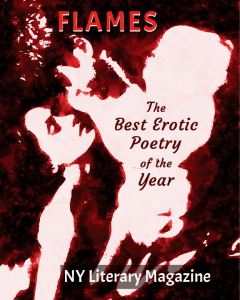


December 4, 2017 at 7:15 PM
Great interview!
December 5, 2017 at 9:02 AM
I love Beyond Redemption! Best movie of the year IMO.